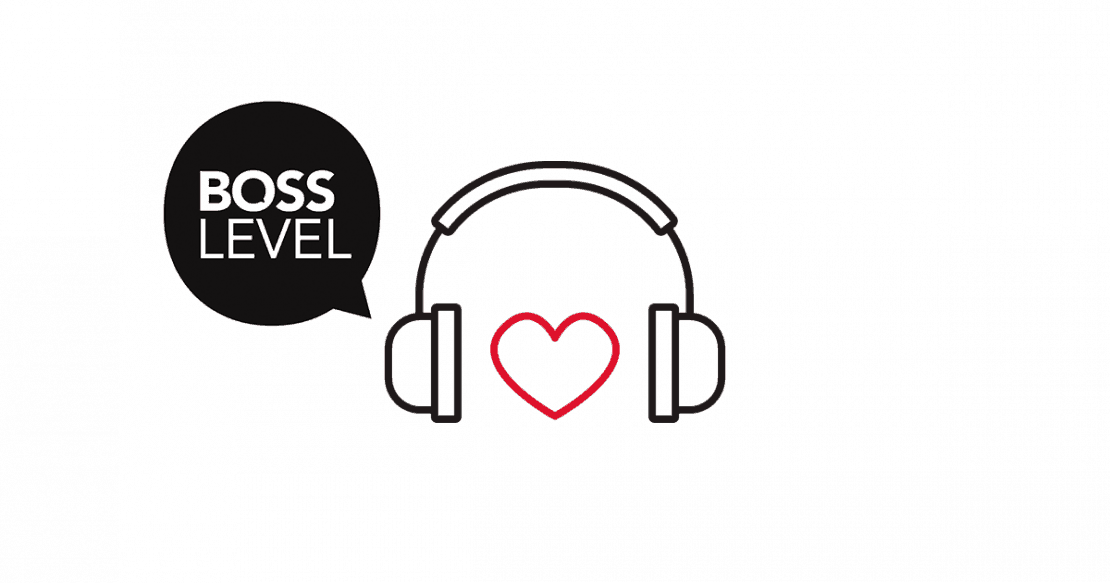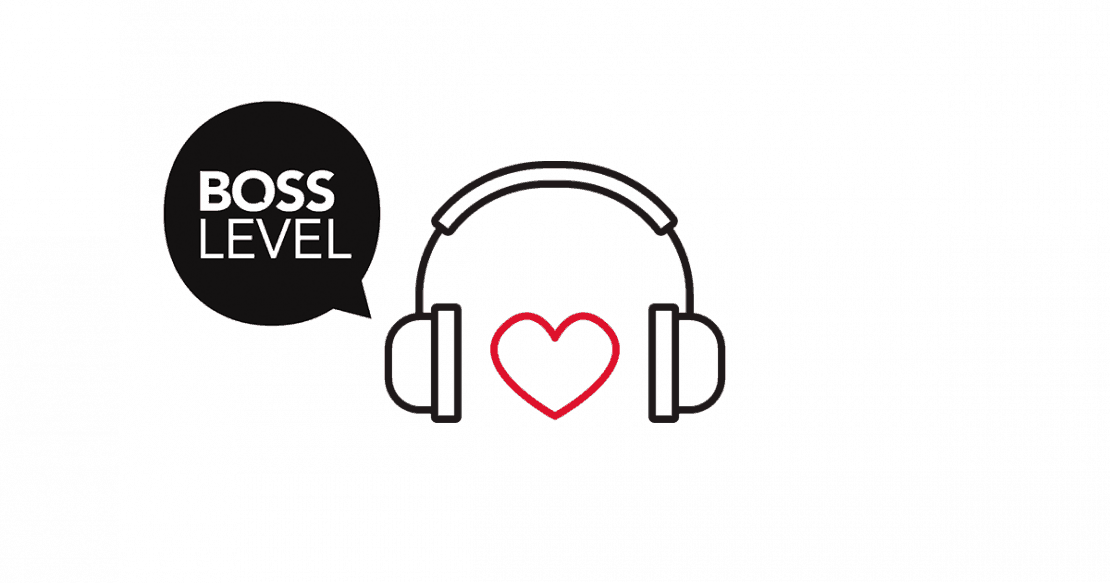28Jun2016
It’s the last episode of season two of Boss Level and Sami hosts Esko Kilpi to talk about the future of work. Esko is a thinker, writer, and researcher who has made it his life’s mission to try to understand how humans work and how the internet is impacting work. The conversation ranges from creating value through interaction, to how selling should be a continuous process, with an elaborate wine metaphor in the middle. Here are three ideas to ruminate about until the next season of Boss Level starts in August.
It’s now more expensive to internalize
Organizations were the solution to a problem that doesn’t exist anymore. Namely, that it was more challenging and costly to do things on the open market than to do things inside the company. Now, coordination and communication costs have gone down. Esko says it’s getting to the point where it’s more expensive and difficult to do things internally. So now companies should begin to reconfigure and be flexible in how they get things done.
Value creation comes from the people
The experience a customer has with the product, and the context of the experience, creates value. Instead of organizations creating value for their clients, the way the customer uses the product creates the value. This creates the challenge that one person will get more value out of a product than another person. To start fixing this, Esko says companies should create the possibility of customers connecting with other customers to learn to create more value. The exciting part, Esko says, is that for the first time in industrial history, companies can be digitally present with customers in the moments of value creation via social media and other tools.
Profit and purpose together, not separate
During the industrial era, Esko says things were understood quantitatively: it was enough to make a profit. Now there’s a shift, driven mostly by younger people, to need work to mean something outside of money. People aren’t as interested in the profit if they don’t understand the purpose, Esko says. Profit still matters but there need to be new ways of achieving it, no longer can we just copy the patterns from the industrial era and be satisfied with that.
Listen to the episode below or Download the MP3 (29,8 MB):
Timestamps
1:51 Esko introduces his professional life, which he says can be divided up into research, teaching, and advising organizations and students. He’s made it his mission in life to try to understand the changes in how we work, especially the impact of the internet.
3:34 Here’s what inspires Esko right now: Small corporations can doing things that previously only big firms could accomplish. Global conversations. A few people coming together can do things that used to demand an organization. There are significant problems, but there are ways for people to join in on coming up with solutions.
6:45 What does interaction mean when talking about organizations and networks? How do you add (and take away) value for customers? What steps bring positive network effects? Esko and Sami dive in and come up with some answers.
9:31 Does a company create value for their customers? Some relatively new research says the opposite: The way customers use products creates the value, and different people can have different experiences with the same product. Esko explains how this can pose its challenges and perks.
11:58 When you buy a bottle of wine, it’s not just about what’s in the bottle, right? The amount you enjoy the wine also depends on the story behind the wine and the environment where you’re drinking it. Sami and Esko use this example as a way to explain how the product isn’t just the product…it’s also the experience.
14:51 Organizations are changing already to focus on linking with people, and helping people connect to each other. Esko says it is essential for businesses to understand that when moving toward a more non-linear model, there will be surprises.
17:20 When designing something, we reuse existing patterns. Esko and Sami discuss how reusing patterns from the industrial era can be problematic and theorize about what new types of models are needed today.
20:11 What should pre-existing companies do if they’re using old patterns? Esko says it’s all about understanding businesses as value networks and treating customer contact as an interaction process.
24:17 Sami and Esko discuss how to help make organizations themselves more agile, not what the organization does, but the whole structure. Different parts of the company need different things, but overall flexibility should be the goal.
26:12 Esko lays out his three principles for designing a new company (1. Understand that everything is relational. 2. Plan to grow the demand side. 3. Create network effects.) and explains how he thinks about work.
30:19 Sami and Esko discuss how curiosity brings success in life, and how that ties in with the idea that work is learning and learning is work.
Links for the episode:
Links for the podcast:
- Mailing list: http://eepurl.com/P0dpf
- Facebook: https://www.facebook.com/bosslevelpodcast
- Twitter: https://twitter.com/bosslevelpod
- iTunes: https://itunes.apple.com/fi/podcast/boss-level/id1041885043
- Website: http://www.bosslevelpodcast.com
- Sami Honkonen on Twitter: http://twitter.com/SamiHonkonen
- Sami’s blog: http://www.samihonkonen.com


